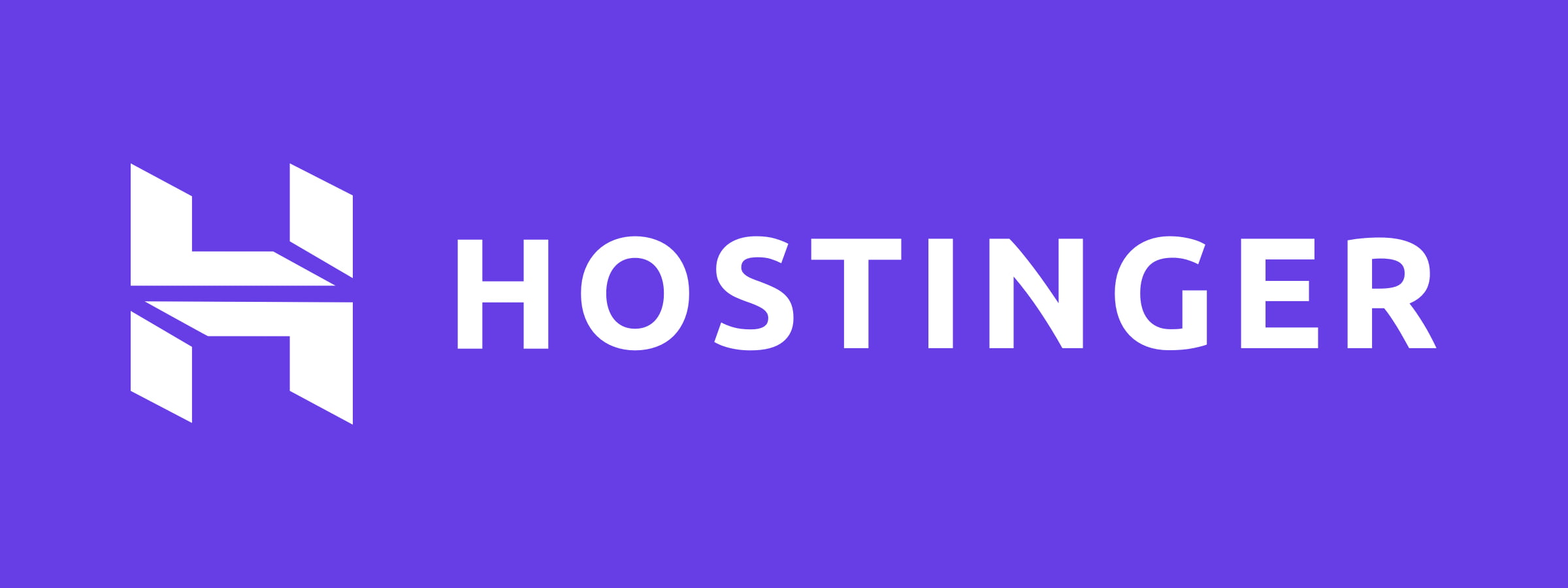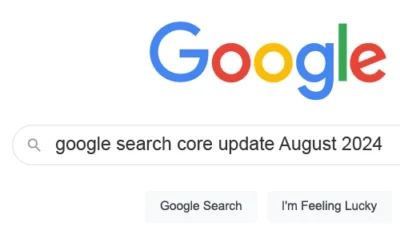Google’s Site Reputation Abuse Policy Update | Has Your Site Been Hit?
SEO Resources | AI Tools
What is Site Reputation Abuse Policy?
As we know, Google updated its Site Reputation Abuse policy alongside with the recent Mar 2024 Updates, a significant move aimed at improving search quality and user experience. This policy targets low-quality, third-party content that manipulates search rankings. It’s crucial for website owners to understand these changes, as failing to comply can lead to serious consequences, including manual actions and delisting of parts of their site.
This post aims to go through the specifics of this new policy (announced as part of the Mar 2024 Update), the potential downfalls for your site, and actionable steps to check and mitigate these issues. By the end of this guide, you’ll have a clear understanding of how to protect your site’s reputation and maintain your search rankings.
More detail here: What web creators should know about our March 2024 core update and new spam policies | Site Reputation Abuse
Understanding the Google Site Reputation Abuse Policy
Explanation of the Policy
Google’s Site Reputation Abuse policy focuses on content that exploits a site’s ranking power without proper oversight. This typically includes low-quality third-party content hosted on reputable sites solely to manipulate search rankings. Examples of such content include coupon directories, payday loan reviews, and other irrelevant content that doesn’t align with the site’s primary purpose.
More detail in our recent post: Google Core Update | Mar 2024
Definition of Site Reputation Abuse
Google Search Central’s Definition of Site Reputation Abuse:
Site reputation abuse is when third-party pages are published with little or no first-party oversight or involvement, where the purpose is to manipulate Search rankings by taking advantage of the first-party site’s ranking signals.
Site reputation abuse occurs when third-party content is created and hosted on a reputable site to benefit from its ranking authority. This content often lacks quality and relevance, aiming purely to enhance search visibility. Google targets these practices to ensure a fair and quality-driven search environment. In saying that though, not all third-party content will be considered violating the policy as long as they’re hosting on those sites for a reason.
What Might Happen
Impact on Major Websites
Major websites like CNN, USA Today, and LA Times, or any other major sites that are similar in nature could face delisting of their coupon directories and other low-quality subdomains. This serves as a warning to smaller sites that similar practices could lead to significant penalties.
Consequences of Non-Compliance
Failure to comply with this policy can result in severe penalties:
- Manual Actions: Google will issue manual action notifications to sites found violating the policy.
- Delisting: Subdomains or subfolders containing abusive content may be delisted, leading to a loss of search visibility and traffic.
- Long-term Effects: Prolonged non-compliance can damage your site’s reputation, making it harder to recover rankings and traffic.
How to Identify if Your Site is Affected
Signs to Look For in Google Search Console
Google Search Console is a valuable tool to detect issues:
- Manual Action Notifications: Check for any notifications from Google indicating manual actions against your site.
- Ranking Drops: Sudden drops in rankings or traffic can be a sign of penalties or delisting.
Areas to Inspect for Potential Abuse
Focus on these areas to identify potential abuses:
- Third-Party Content Directories: Review directories hosting third-party content for relevance and quality.
- Guest Posts and Sponsored Content: Ensure these posts align with your site’s purpose and offer genuine value.
- User-Generated Content: Monitor subdomains and subfolders with user-generated content for spammy or low-quality entries.
Actions to Mitigate Issues
1. Conduct a Comprehensive Site Audit
Start by auditing your entire site:
- Review Content Quality: Identify and remove low-quality or irrelevant content.
- Check for Relevance: Ensure all content aligns with your site’s main purpose and audience expectations.
2. Enhance Content Oversight
Implement stricter guidelines to oversee content creation:
- Guest Post Guidelines: Set clear guidelines for guest posts and sponsored content to maintain quality and relevance.
- Regular Reviews: Schedule regular reviews of all third-party content to ensure compliance with your site’s standards.
3. Improve Content Quality
Focus on creating high-quality, original content:
- Original Content: Prioritise original content that offers value to your audience.
- Avoid Manipulative Practices: Steer clear of content purely designed to manipulate search rankings.
4. Monitor Site Performance Regularly
Regular monitoring helps catch issues early:
- Google Search Console: Use this tool to track your site’s health and performance.
- Set Alerts: Set up alerts for significant changes in rankings or traffic to respond quickly.
5. Engage in Best Practices for SEO
Maintain a natural and ethical approach to SEO:
- Follow Guidelines: Adhere to Google’s webmaster guidelines to avoid penalties.
- Ethical SEO: Focus on ethical SEO practices that enhance user experience and search quality.
Stay Informed
Staying informed about Google’s policy updates is crucial for maintaining your site’s health and search rankings. The Site Reputation Abuse policy highlights the importance of quality and relevance in all content hosted on your site. By conducting regular audits, enhancing content oversight, and adhering to ethical SEO practices, you can protect your site’s reputation and ensure long-term success.
Remember, proactive measures and regular monitoring are key to navigating these changes effectively. If you need assistance with a detailed site audit or have questions about this update, feel free to reach out. We’re here to help you maintain a healthy, high-ranking website.
Are You Concerned? Let Us Help You!
If you’re concerned about the impact of Google’s Site Reputation Abuse policy on your site, contact us for a personalised SEO audit. Stay ahead of the curve by subscribing to our newsletter for the latest updates on SEO best practices and Google policy changes.
Looking for cheap, fast, and reliable web hosting? Here’s what we recommend.
- Affordable Prices for a high quality
- Multilingual 24/7 Customer Support (20+ languages)
- 99.9% Uptime Guarantee
- Cloud hosting plans powered by Google Cloud
- Extremely Fast Servers
- PHP 7.4 live on all servers
- Optimized for WordPress/Onboarding Flow
- 1-Click Installer
- 30-day Money-Back Guarantee
- Extra Security with 2-Factor Authentication
Don't have Divi yet? Get it here today!!!
Other Helpful Articles…
SEO Audit: The Foundation of a Strong Digital Strategy | Comprehensive SEO Guide
SEO Audit: The Foundation of a Strong Digital...
Google Search Core Update August 2024
Google Core Update | August 2024 Google's...
AI Overview Keyword Research and Content Creation Strategy
Keyword Research and Content Creation Strategy...
Web Hosting Companies We Recommend for 2024
For Growing Businesses Looking for a company to support them
Great Server Performance + Great Local Support








